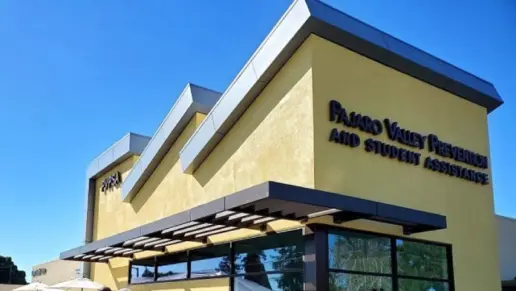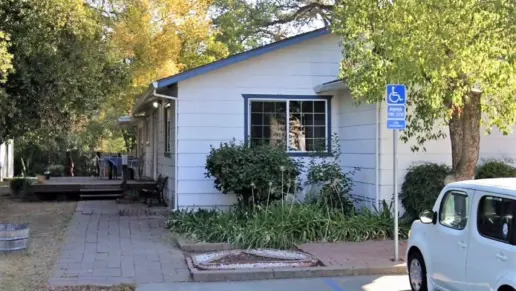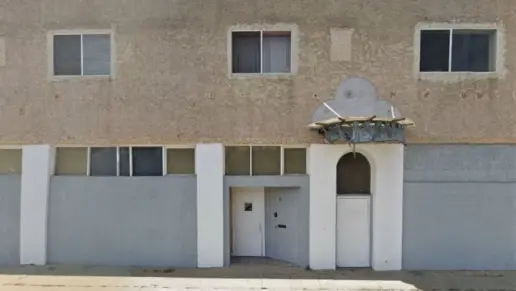About Cornerstone of Southern California – Addiction Treatment, Rehab & Detox
Cornerstone of Southern California, in Tustin, California, is a Joint Commission accredited facility offering residential alcohol and drug rehab treatment. Services include detox when needed, plus day treatment and intensive outpatient treatment for adults. Licensed sober living homes are available post treatment, as well as alumni programming. Cornerstone also treats co-occurring disorders.
Cornerstone of Southern California uses medication assisted treatment for detox. Medications used include Suboxone, naltrexone and Vivitrol.
Cornerstone’s residential treatment program provides 24 hour supervised treatment and monitoring by a team of psychiatrists, psychologists, therapists and nurses. Evidence based therapies including cognitive behavioral therapy, dialectical behavior therapy and eye movement desensitization and reprocessing are utilized, as well as yoga, meditation and mindfulness training. Individual, group and family sessions are provided. Special groups include LGBTQIA+ support groups. Relapse prevention education and support are included in the programming.
Cornerstone also offers nonresidential day treatment and intensive outpatient treatment. Therapy modalities are the same as in residential treatment and co-occurring disorders are addressed.
Licensed sober home residency is available following initial treatment. Alumni meetings and sober activities are also offered after treatment is completed.
Cornerstone is in network with many major insurance companies including Aetna, Blue Shield of California, Cigna, Humana, HealthNET and MHN. Contact your insurance provider to verify your specific coverage, because out of network benefits can vary.
Latest Reviews
Rehab Score
Gallery
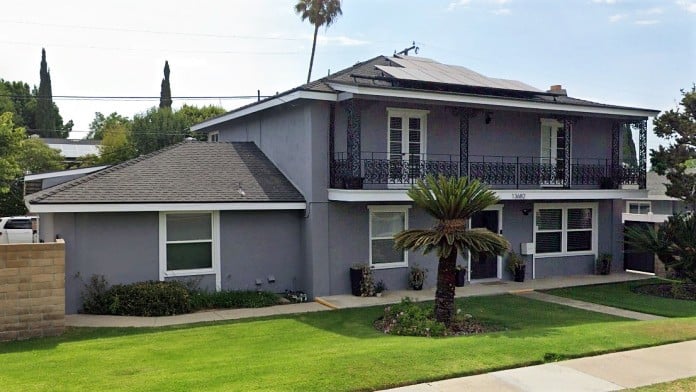

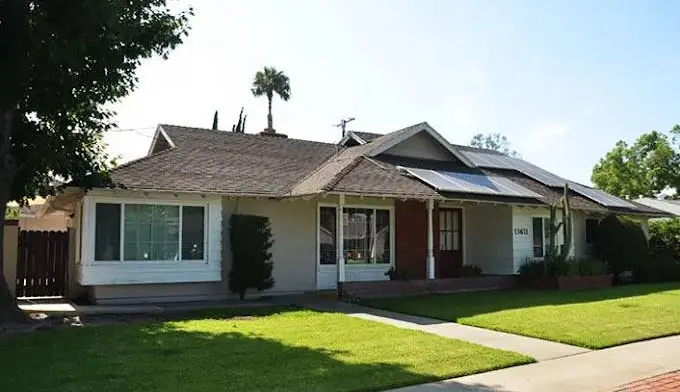
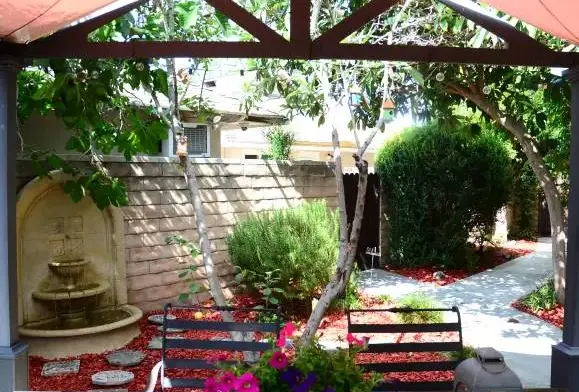
Location
Accepted Insurance




Other Forms of Payment
Private insurance refers to any kind of healthcare coverage that isn't from the state or federal government. This includes individual and family plans offered by an employer or purchased from the Insurance Marketplace. Every plan will have different requirements and out of pocket costs so be sure to get the full details before you start treatment.
Self-pay involves paying for treatment out of your own pocket. You can use savings or credit, get a personal loan, or receive help from family and friends to fund your treatment. If you don't have insurance or your insurance plan doesn't cover a specific program, self-pay can help ensure you still get the care you need.
Military members, veterans, and eligible dependents have access to specific insurance programs that help them get the care they need. TRICARE and VA insurance can help you access low cost or no cost addiction and mental health treatment. Programs that accept military insurance often have targeted treatment focused on the unique challenges military members, veterans, and their families face.
Addiction Treatments
Levels of Care
Treatments
The goal of treatment for alcoholism is abstinence. Those with poor social support, poor motivation, or psychiatric disorders tend to relapse within a few years of treatment. For these people, success is measured by longer periods of abstinence, reduced use of alcohol, better health, and improved social functioning. Recovery and Maintenance are usually based on 12 step programs and AA meetings.
Drug rehab in California teaches participants constructive ways to stay clean and sober. Treatment revolves around helping individuals stop using the substance they are addicted to and learn healthy habits to avoid relapse.
Many of those suffering from addiction also suffer from mental or emotional illnesses like schizophrenia, bipolar disorder, depression, or anxiety disorders. Rehab and other substance abuse facilities treating those with a dual diagnosis or co-occurring disorder administer psychiatric treatment to address the person's mental health issue in addition to drug and alcohol rehabilitation.
A combined mental health and substance abuse treatment center has the staff and resources available to handle individuals with both mental health and substance abuse issues. It can be challenging to determine where a specific symptom stems from (a mental health issue or an issue related to substance abuse), so mental health and substance abuse professionals are helpful in detangling symptoms and keeping treatment on track. Cornerstone specializes in Alcohol and Drug Detox and Rehab. Many of their clients have co-occurring disorders/dual diagnoses which must be treated alongside the Chemical Dependency. This is called 'integrated treatment' and it is what they do best at Cornerstone, however all dual diagnosis clients are treated on an outpatient basis by outside professionals not related or employed by Cornerstone. This treatment is continued from detox to primary care, to extended care for those with co-occurring disorders. They must learn to take their medications and follow a structured routine; 90 days is the minimum they recommend. After some time in extended care they may begin to look for work, work, volunteer or go to school.
Opioid rehabs specialize in supporting those recovering from opioid addiction. They treat those suffering from addiction to illegal opioids like heroin, as well as prescription drugs like oxycodone. These centers typically combine both physical as well as mental and emotional support to help stop addiction. Physical support often includes medical detox and subsequent medical support (including medication), and mental support includes in-depth therapy to address the underlying causes of addiction.
Programs


Clinical Services
Cognitive Behavioral Therapy (CBT) is a therapy modality that focuses on the relationship between one's thoughts, feelings, and behaviors. It is used to establish and allow for healthy responses to thoughts and feelings (instead of unhealthy responses, like using drugs or alcohol). CBT has been proven effective for recovering addicts of all kinds, and is used to strengthen a patient's own self-awareness and ability to self-regulate. CBT allows individuals to monitor their own emotional state, become more adept at communicating with others, and manage stress without needing to engage in substance abuse.
While participating in dialectical behavior therapy in California, you'll focus on four key areas of skill development: mindfulness, interpersonal effectiveness, emotion regulation, and distress tolerance. Treatment includes weekly individual and group sessions.
Group therapy is any therapeutic work that happens in a group (not one-on-one). There are a number of different group therapy modalities, including support groups, experiential therapy, psycho-education, and more. Group therapy involves treatment as well as processing interaction between group members.
In individual therapy, a patient meets one-on-one with a trained psychologist or counselor. Therapy is a pivotal part of effective substance abuse treatment, as it often covers root causes of addiction, including challenges faced by the patient in their social, family, and work/school life.
Motivational Interviewing (MI) is a clinical approach to helping people with substance abuse issues and other conditions shift behavior in positive ways. It is more goal-oriented than traditional psychotherapy, as MI counselors directly attempt to get clients to consider making behavioral change (rather than wait for them to come to conclusions themselves). Its primary purpose is to resolve ambivalence and help clients become able to make healthy choices freely.
Nicotine Replacement Therapy (NRT) is a way of getting nicotine into the bloodstream without smoking. It uses products that supply low doses of nicotine to help people stop smoking. The goal of therapy is to cut down on cravings for nicotine and ease the symptoms of nicotine withdrawal.
Amenities
-
Residential Setting
-
Private Setting
-
Wifi
-
Private Rooms
Staff & Accreditations
Staff
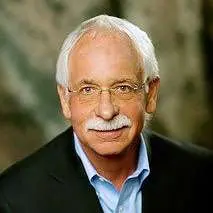
President & CEO
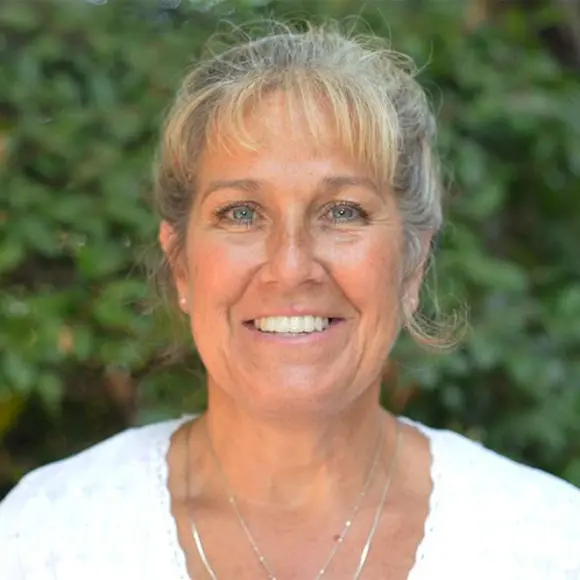
Executive Director
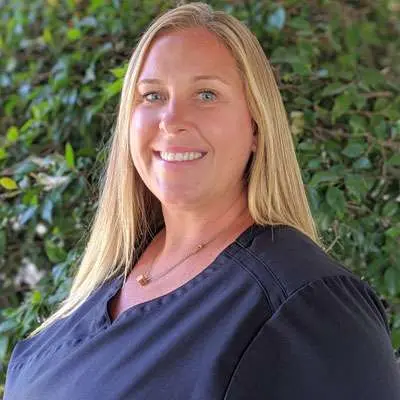
Director of Nursing & Medical Services
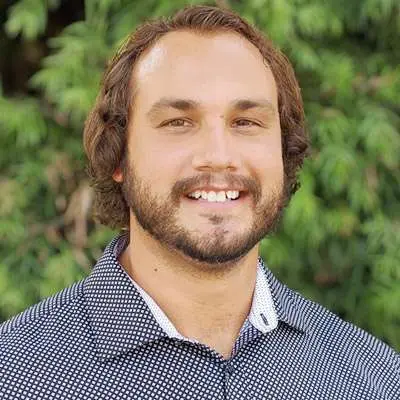
Clinical Director

Business Office Director
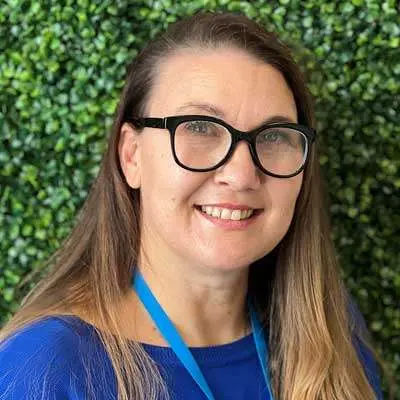
Director Alumni Services
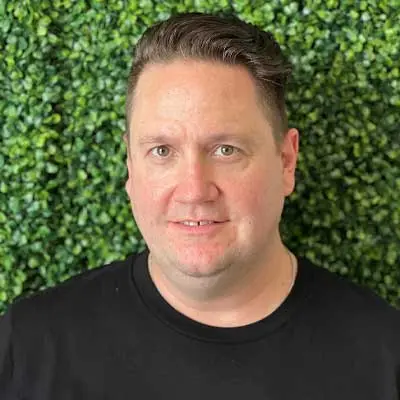
Facility Team Lead
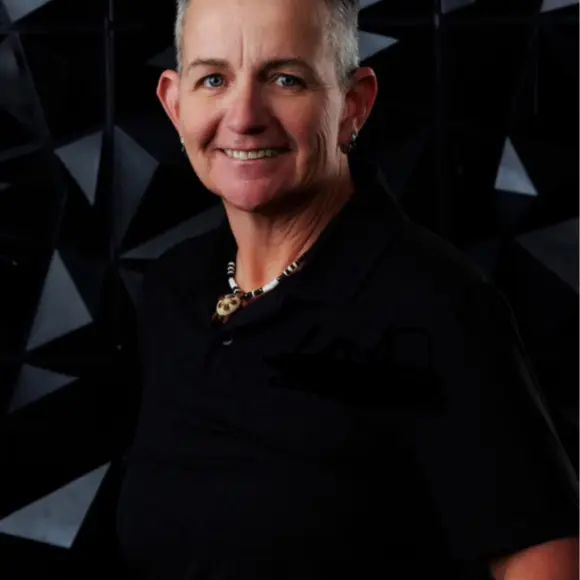
Director of Human Resources
Accreditations

State Licenses are permits issued by government agencies that allow rehab organizations to conduct business legally within a certain geographical area. Typically, the kind of program a rehab facility offers, along with its physical location, determines which licenses are required to operate legally.
State License: California

The Joint Commission, formerly known as JCAHO, is a nonprofit organization that accredits rehab organizations and programs. Founded in 1951, the Joint Commision's mission is to improve the quality of patient care and demonstrating the quality of patient care.
Joint Commission Accreditation: Yes
Accreditation Number: 1704
Contact Information
13682 Yorba St
Tustin, CA 92780











